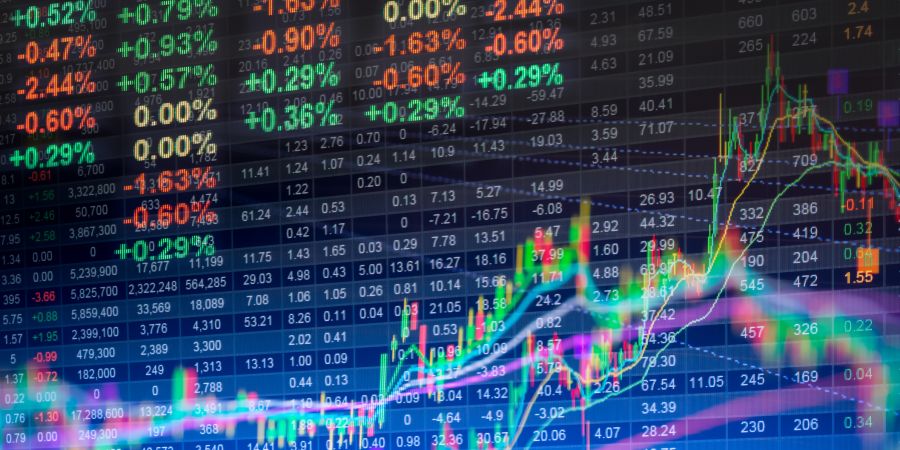

The stock markets of Japan, the European Union, Japan, and the United States all saw a 30% decline as the epidemic first struck and continued to spread through 2020. The virus's impact on national and international economies as well as several elements of daily life was unknown and potentially very harmful. For financial experts, the size of these markets' responses remained a mystery. Niels Gormsen and Ralph S. J. Koijen of Chicago Booth argued that autumn that "the impact on future dividends must be considerable and sustained" for the market to fall by 30% only due to altered growth forecasts. It may be to state, for example, that it does not fit with a V-shaped recovery.
The stock market was unsteady, to be true, but it was also acting more erratic than their underlying fundamentals would suggest. Extreme volatility has also been present, as seen by the stock price increases at movie theatre company AMC and video game retailer GameStop. The relationship also holds true for other categories of marketplaces. According to the conventional approach, a single bitcoin is meaningless since it has no potential for future cash flow or earnings. Why then would someone spend thousands of dollars to purchase one? That explains why the billionaire Elon Musk's tweet, which caused such a significant change in their value, should have. According to conventional knowledge and the efficient market hypothesis, market prices represent an asset's true value.
However, research is increasingly pointing to another important factor: investors' demands, which may or may not be well-informed. Samuel Hartzmark and David H. Solomon from Boston College and the Chicago Booth found that when investors took the money that was deposited into their account and reinvested it in the market, the stock market was more likely to increase on days that saw higher dividend payouts. Their analysis covered data from 1926 through 2020. (See "Dividend dividends induce stock price hikes" for further details.
Nothing suggests that we should notice the same thing as we do, according to Hartzmark, unless the common knowledge was incorrect or did not recognise anything. Among those who concur with this statement are Ralph J. Koijen of Booth University and Xavier G. Gabaix of Harvard. Their inelastic market theory HTML0makes a case for the need for financial models to take long-ignored factors like supply and demand into account. Stock returns are more than double what the fundamental data shows they should be because of dynamics that enhance volatility and are estimated to boost prices by $5 for every $1 that enters the market.






